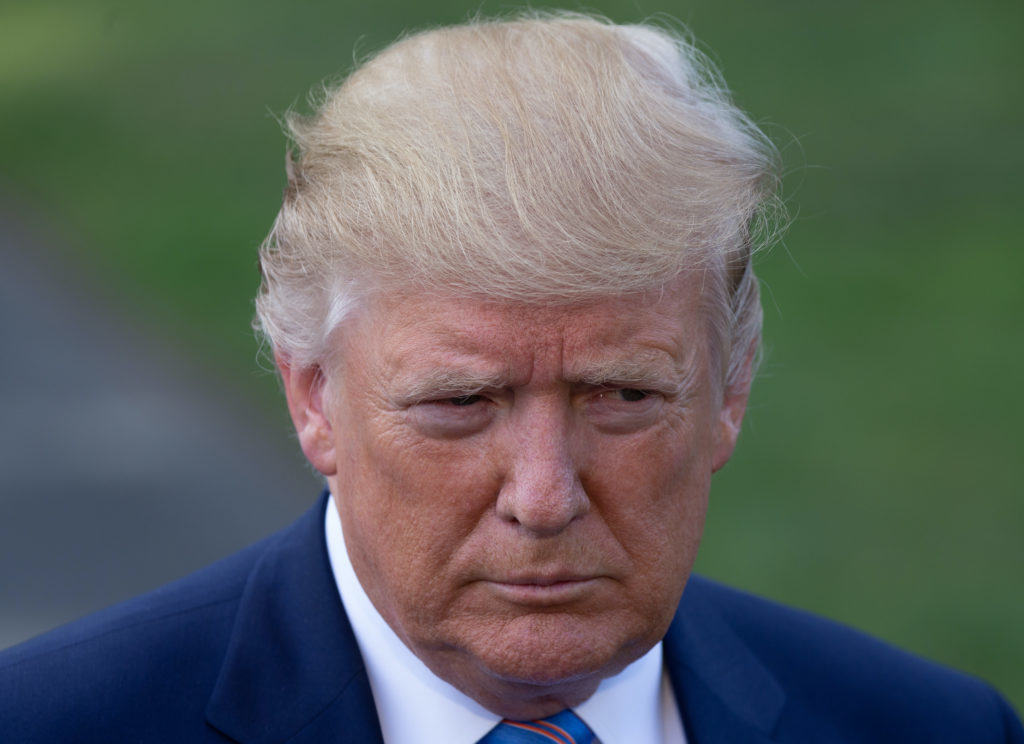Consciousness of guilt

Almost 50 years ago, on June 20, 1972, then President Richard Nixon and his chief of staff HR “Bob” Haldeman had a conversation in the Oval Office. One of the topics of the conversation was the break-in at the Democratic National committee headquarters at the Watergate Hotel. That conversation was lost to history. An eighteen and a half minute gap of low hums and silence appears at that point on the tape made by the official White House taping system, and to this day no one can prove why.
It has now come to light that, according to the official White House phone log, there is a seven hour and thirty-seven minute gap on January 6th, 2021, from 11:17 am to 6:54 pm, where no phone calls coming or going to the Oval Office were chronicled. This story, as with the one from the missing 18 minutes from the Nixon tapes fifty years ago, were both broken by famed Watergate journalist Bob Woodward.
This new gap in what we know about the official White House record raises concerns and suspicions. The record of presidential contacts during key moments has gone missing. We know that Trump and the people around him, including then White House chief of staff Mark Meadows, made and received numerous phone calls during that time. Witnesses have come forward to say as much. But no official White House record of those calls is extant.
These two incidents, separated in history by 50 turbulent years, are remarkable as much for their dissimilarities as their similarities. True, in both cases information is absent during a time of critical scandal for both administrations and those absences quite naturally are suspicious. But apart from the other obvious differences — a seven hour gap is clearly bigger than an 18 minute gap, and the first one was a recording and the second was a log of conversations — the biggest difference is there is still some question of criminal complicity on the part of Nixon in the tape erasure. There is none on the part of Trump in the missing White House phone log.
It’s what’s known in law as consciousness of guilt. Consciousness of guilt is characterised by such behaviours as the creation of a false alibi or explanation for one’s actions, witness intimidation and destruction or concealment of evidence. It’s a common error made by common criminals, particularly of the dumber and less sophisticated stripe. More often than not when a criminal tries to conceal evidence their actions draw attention to that evidence and create suspicions where none might have otherwise existed. At the very least they ruin their chances of later claiming ignorance of the law, and that, finally, is the most important point in the case of the Trump White House.
By destroying or concealing those seven hours of White House phone records, Trump is tacitly admitting that he knew he was committing a crime. Had he been, as he has claimed all along, trying to prevent an illegal theft of the 2020 election, no one could have faulted his intentions, however misguided those intentions may have been. But by concealing his actions and destroying records he’s contradicting his claim that he was trying to save democracy from an illegal regime change. He is in fact admitting that all the unlawful behaviour was his own.
The good news is, like a mosaic, the whole picture of what happened in the White House that day can be reverse engineered by obtaining, by subpoena, the phone records of all the people Trump and his immediate staff spoke to that day. And now that Trump has drawn attention to that critical time by concealing the official log, Republican fake outrage about “invasion of privacy” has become far more difficult to sustain.
Like with Nixon, the thing that could prove Trump’s greatest liability could turn out to be not the crime but the coverup. In concealing what conversations took place on that fateful day in January of the previous year, Trump is saying out loud and in plain English what we’ve always known, that he’s a criminal. And a stupid one at that. And, as ever, ladies and gentlemen, brothers and sisters, comrades and friends, stay safe.

Robert Harrington is an American expat living in Britain. He is a portrait painter.
